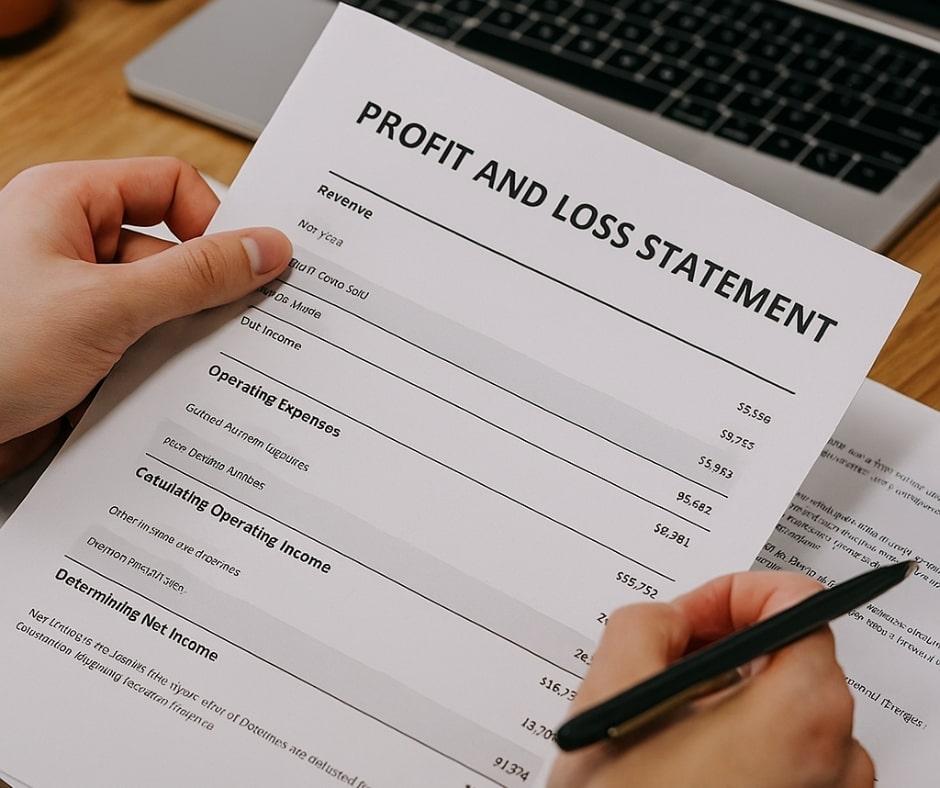Introduction
Emotional intelligence in sales is a game-changer. In today’s competitive market, technical knowledge alone won’t guarantee success. Instead, the ability to understand, manage, and influence emotions plays a vital role in building trust and closing deals. When sales professionals develop emotional intelligence, they improve communication, enhance customer relationships, and increase conversions.
In this guide, I’ll break down the essential components of emotional intelligence in sales and share actionable strategies to help you boost your sales performance.
What Is Emotional Intelligence in Sales?
Emotional intelligence (EI) refers to the ability to recognize, understand, and manage both your emotions and the emotions of others. In sales, this skill helps professionals connect with potential buyers, navigate objections, and create meaningful relationships.
There are five key components of emotional intelligence:
- Self-Awareness – Recognizing your emotions and their impact on your actions.
- Self-Regulation – Managing emotional responses to stay composed under pressure.
- Motivation – Staying driven and goal-oriented despite challenges.
- Empathy – Understanding customers’ emotions, needs, and pain points.
- Social Skills – Communicating effectively to build trust and influence decisions.
Why Emotional Intelligence Matters in Sales
Sales is not just about numbers—it’s about people. Buyers make decisions based on logic and emotion, and emotionally intelligent sales professionals can tap into these drivers.
- Builds Trust and Credibility – When sales reps show empathy and authenticity, customers feel heard and valued.
- Enhances Active Listening – Understanding emotional cues helps professionals respond effectively.
- Improves Conflict Resolution – Handling objections with emotional intelligence leads to better negotiations.
- Increases Sales Performance – Emotionally intelligent sellers can adjust their approach to suit different buyer personalities.
How to Develop Emotional Intelligence for Sales Success
1. Master Self-Awareness
Before influencing others, sales professionals must first understand themselves. Start by:
- Identifying emotional triggers that impact your selling approach.
- Practicing mindfulness to stay present in conversations.
- Seeking feedback to improve self-awareness.
2. Strengthen Self-Regulation
Sales involves handling rejection and high-pressure situations. To stay in control:
- Take a moment before responding to objections.
- Manage stress through deep breathing and positive self-talk.
- Focus on solutions rather than frustrations.
3. Stay Motivated
Top sales professionals maintain motivation despite setbacks. You can boost your drive by:
- Setting clear, attainable goals.
- Celebrating small wins to maintain momentum.
- Surrounding yourself with positive influences.
4. Develop Empathy for Customers
Understanding the customer’s perspective builds trust and loyalty. To enhance empathy:
- Ask open-ended questions to uncover needs.
- Observe body language and tone of voice.
- Personalize recommendations based on emotions and preferences.
5. Improve Social Skills for Better Connections
Building strong relationships requires effective communication. Strengthen your social skills by:
- Practicing active listening—focus on the customer instead of thinking about your next response.
- Mirroring the customer’s communication style to build rapport.
- Using storytelling to make sales pitches more relatable.
The Impact of Emotional Intelligence on Sales Performance
Sales teams that prioritize emotional intelligence outperform those that rely solely on technical skills. Studies show that sales reps with high emotional intelligence:
✅ Close deals faster by understanding customer pain points.
✅ Retain more clients by building long-term relationships.
✅ Experience less burnout by managing stress effectively.
By improving emotional intelligence, sales professionals can elevate their careers and achieve lasting success.
Conclusion
Emotional intelligence in sales is not just an advantage—it’s a necessity. The ability to recognize emotions, regulate responses, and connect with customers on a deeper level leads to better sales outcomes. By developing self-awareness, self-regulation, motivation, empathy, and social skills, you can build stronger relationships and boost your sales performance.
Start practicing these strategies today and watch your sales success soar!













